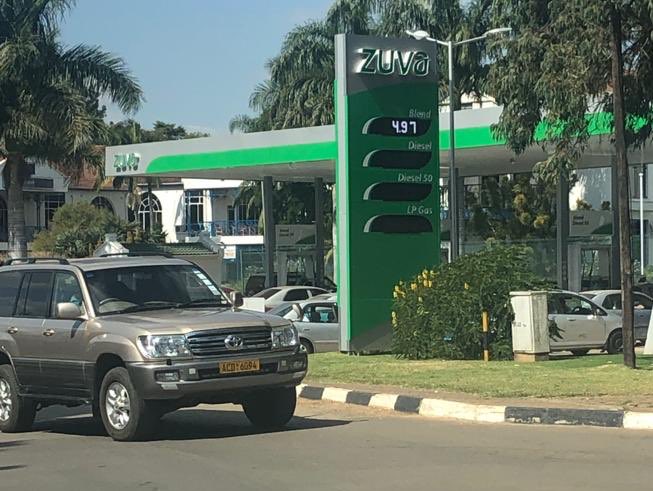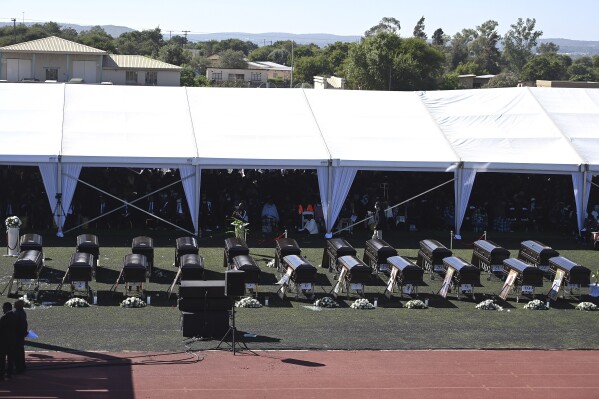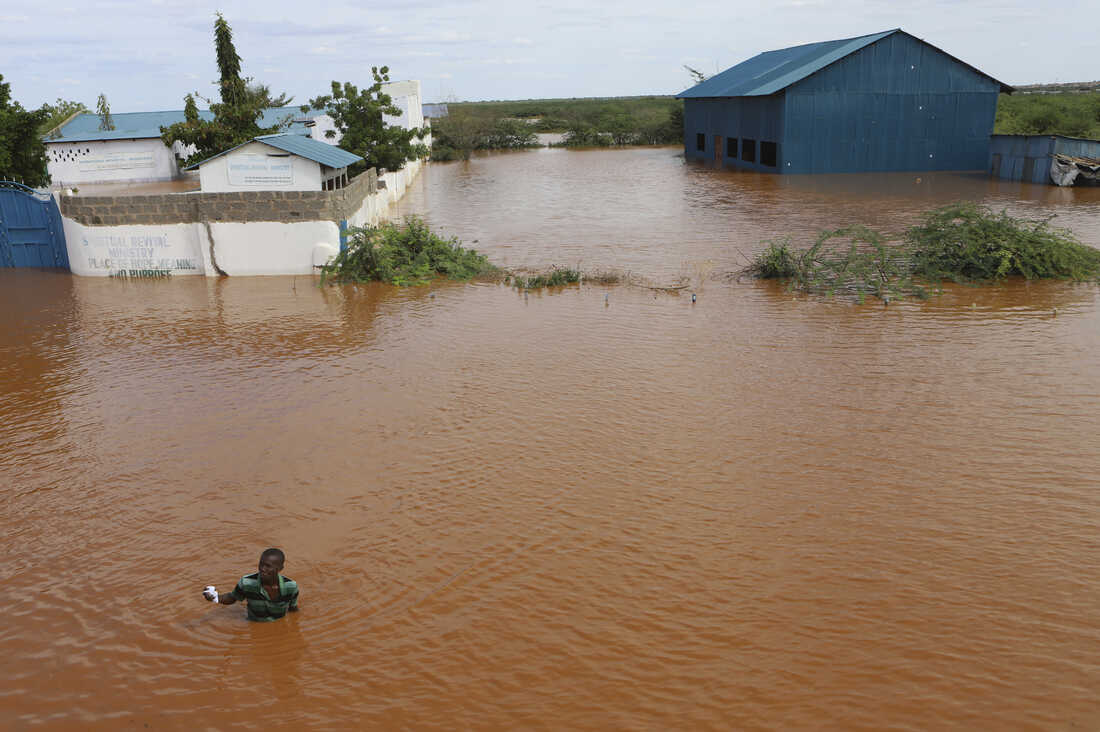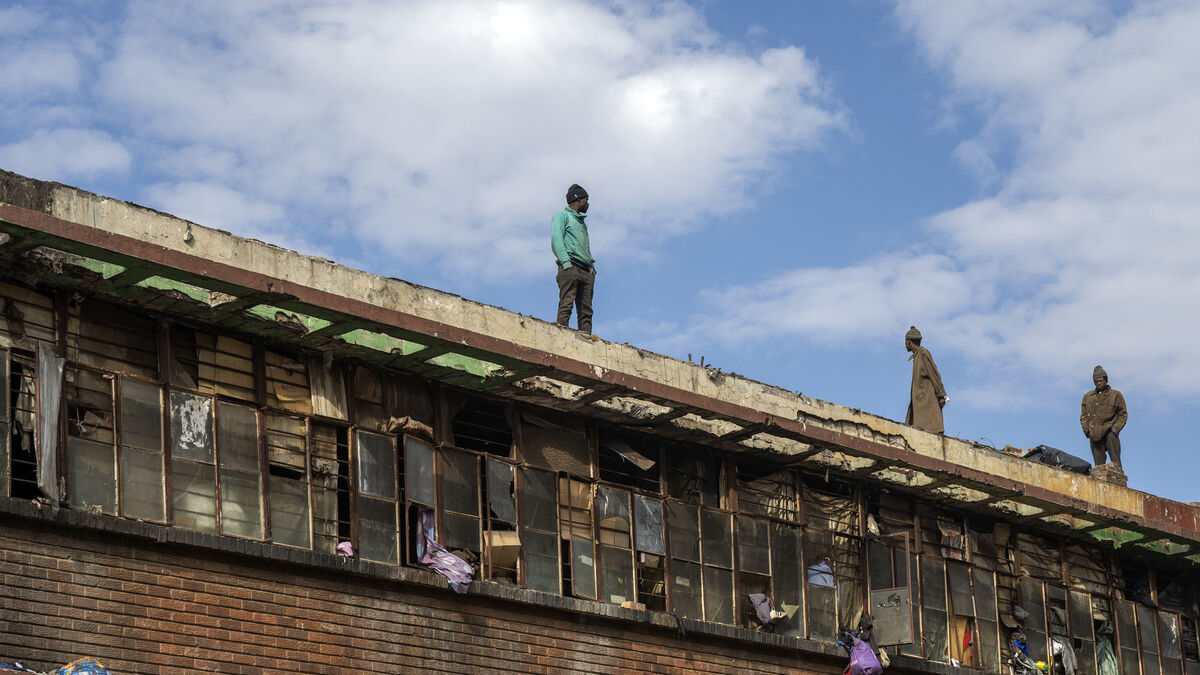HARARE – The Zimbabwe Energy Regulatory Authority (ZERA) approved a 50 percent increase in the price of fuel on Tuesday, just hours after threatening fuel companies who raised prices or withheld fuel from the market.
The frantic statements came after fuel companies deliberately withheld fuel, already in short supply, to force ZERA’s hand.
The oil companies feared selling their stocks at old prices would decimate their capital after the Reserve Bank of Zimbabwe directed on Monday that they would now buy dollars to import fuel on the interbank market.
The central bank ended the1:1 peg to the dollar that the firms were using.
The Reserve Bank of Zimbabwe introduced a new local currency and an interbank market in February to allow companies and individuals to trade in forex.
Importers of fuel were, however, were allowed to buy dollars from the central bank at a rate of 1:1 to the greenback.
That arrangement has ended and the companies would only access dollars on the interbank market from Tuesday, RBZ governor John Mangudya said in a statement.
“The new position is necessary to promote the efficient use of foreign exchange and to minimize and guard against incidences of arbitrage within the economy,” Mangudya said.
Fuel companies reacted almost immediately by asking ZERA to approve an increase, which the regulator appeared to have resisted initially.
“The petroleum industry is advised that the prices of fuel have not changed and operators are expected to continue selling fuel into the market as is expected of them,” ZERA CEO Eddington Mazambani said in a statement early Tuesday.
With a visible lack of movement in fuel supplies, as the fuel companies held out, Mazambani was forced into a climbdown.
“ZERA advises that in terms of… the new measures taken by the Reserve Bank of Zimbabwe on fuel procurement based on the interbank rate, applicable prices for the period 21 May 2019 to 26 May 2019 are: maximum pump price for diesel RTGS$4.89 and petrol RTGS$4.97,” Mazambani said in a second statetement.
Petrol is up from RTGS$3.36, representing a 47.6 percent increase while diesel goes up from RTGS$3.22 last week, an increase of 51.4 percent.
Mangudya has directed banks to ensure the ensure official exchange rate reflected market conditions.
Banks and companies had accused the central bank of manipulating the official exchange rate to keep the rate low compared to the black market.
The RTGS was trading at a new low on the interbank market after breaching 3.5 for the first time against the greenback on Tuesday.
Mangudya said at the weekend that the central bank had accessed a $500 million from international banks.
An official at the national treasury said African Export and Import Bank, which has continued to loan money to Zimbabwe in the absence of donor funding, had arranged the latest loan.
There are fears the fuel price increases could lead to fresh unrest in a country where the majority population is struggling with soaring prices of basic goods.
The last hike in the price of fuel was met with violent street protests that killed a dozen people after a security crackdown in January.
Zimbabwe is experiencing a severe dollar crunch that has caused shortages of fuel and medicine.
















